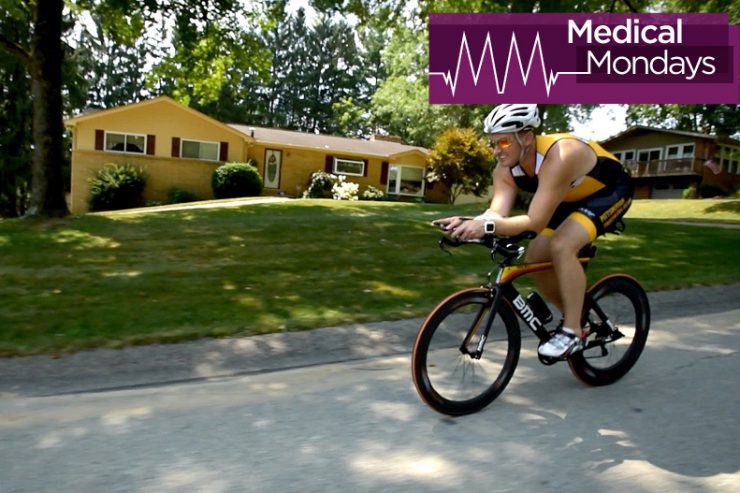Inflammatory bowel disease, or IBD, is an inflammatory condition that affects the digestive tract. Two types of IBD are Crohn’s disease and ulcerative colitis.
Living with inflammatory bowel disease can be scary, but there are treatment options available. Here you will learn about:
• The symptoms, causes of, and treatments for Crohn’s disease
• How celiac disease, Crohn’s disease, and ulcerative colitis are alike and how they are different
• Common causes of stomach pain, and when to talk to your doctor
• The symptoms, causes, and treatments for ulcerative colitis
• IBD and pregnancy
-
Crohn’s Disease Symptoms, Causes, and Treatment
Crohn’s disease is a severe type of IBD that can cause ulcers, inflammation, and bleeding in your digestive tract. Treatment for Crohn’s disease can range depending on how serious it. Learn about the causes, symptoms, and treatment options for living with Crohn’s disease.Learn More
-
Infographic: Comparing 3 Common Digestive Disorders
Not all digestive disorders are the same. Celiac disease, Crohn’s disease, and irritable bowel syndrome are three types of common disorders and each needs to be treated differently. It’s important to understand your symptoms and how diet, lifestyle, and genetics play a role in how your disease affects you.Learn More
-
Stomach Pain: When to Worry About Stomach Ache
Stomach aches are common – especially after a big meal. But when is a stomach pain something to worry about? Harmless aches and pains usually fade within a few hours, but pain that lasts more than a few days could be something more serious. Learn more about the many types of stomach conditions and when to call your doctor.Learn More
-
What Is Ulcerative Colitis?
Ulcerative Colitis (UC) is a type of inflammatory bowel disease that can be tough to live with and embarrassing to talk about. Causes of UC can include the environment, food, and genetics, but there are treatments available. Learn more about UC symptoms and treatments.Learn More
-
Inflammatory Bowel Disease (IBD) and Pregnancy
If you’re hoping to become pregnant but have inflammatory bowel disease, you might wonder how your condition could affect your baby, and how your baby could affect your condition. There are ways to stay safe and healthy, and it’s important to find out what is best for you. Planning your pregnancy, keeping in close contact with your gastroenterologist, and knowing what to do after pregnancy are some key steps to lowering risks.Learn More





